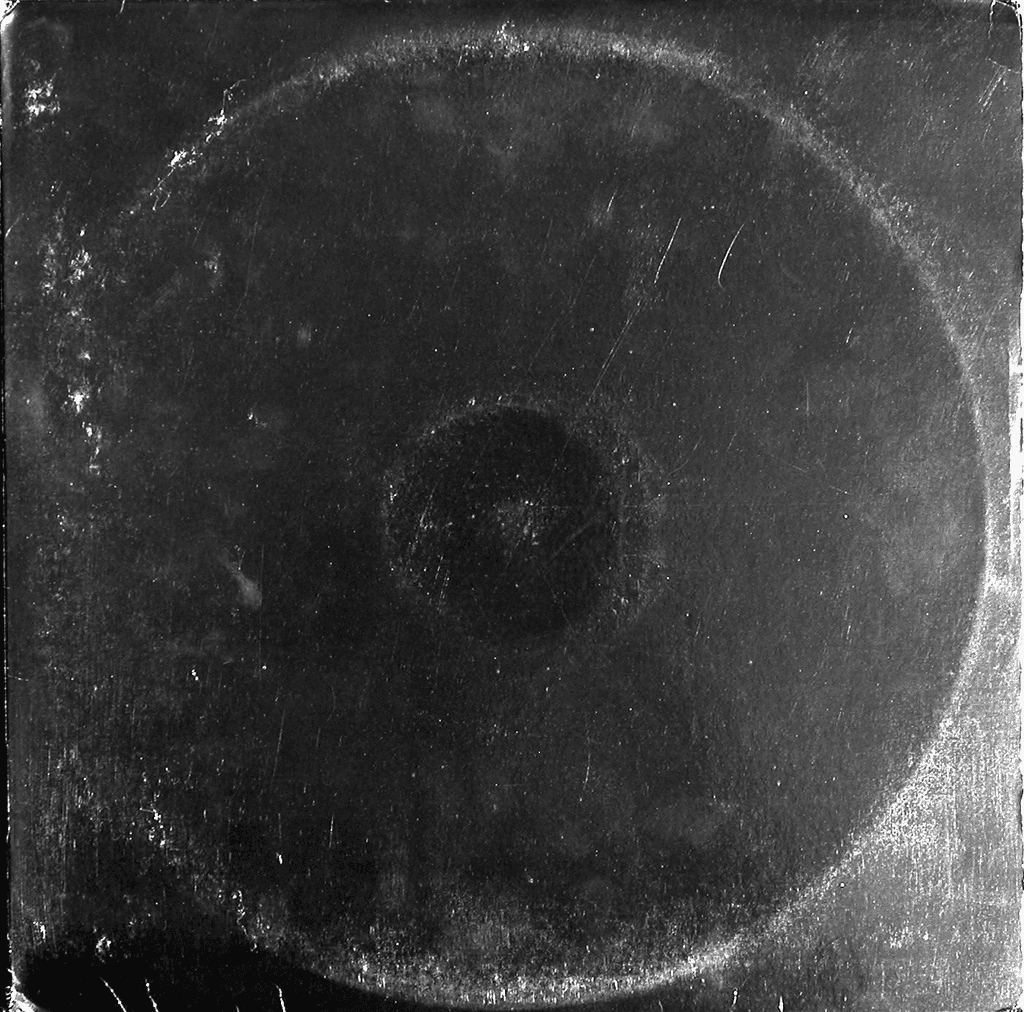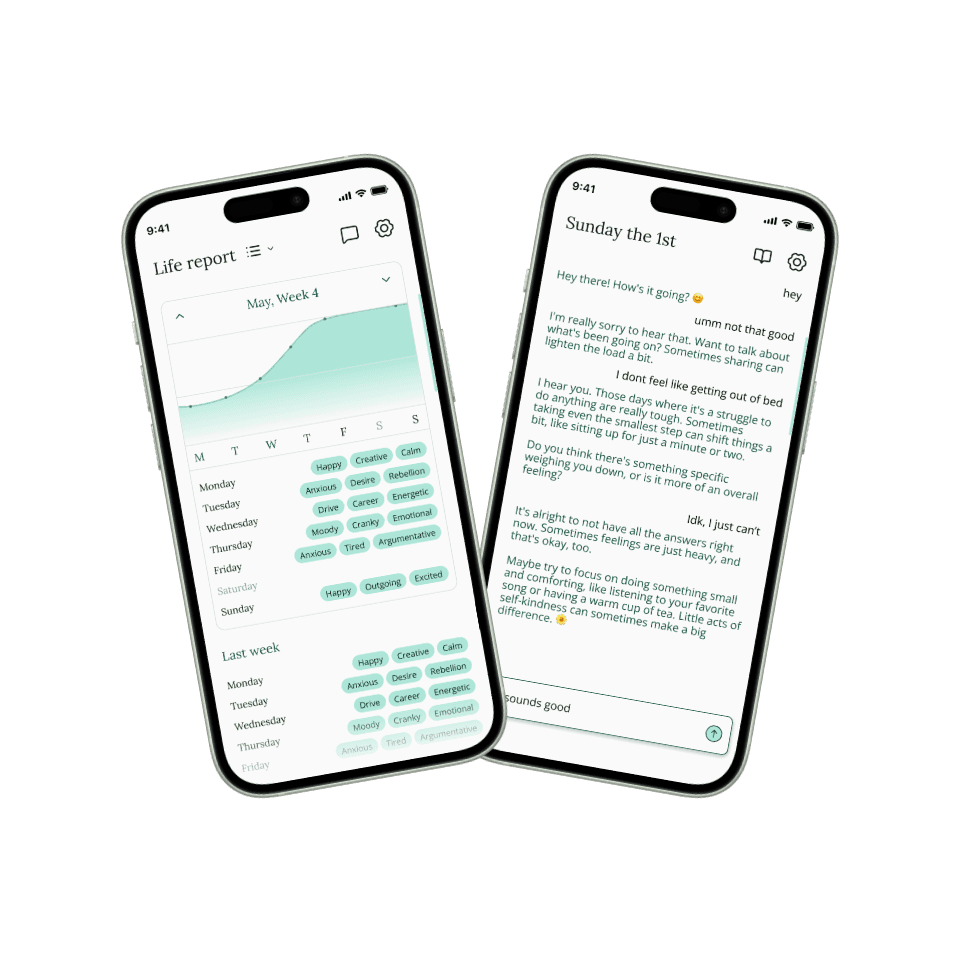
Achieve clarity in life through self monitoring
Achieve clarity in life through self monitoring
Apr 16, 2024
Apr 16, 2024
Engaging in self-monitoring can be a powerful tool while in therapy and for personal growth in general, but it doesn't have to be complicated. Here's a simple step-by-step guide to get you started:
Clarify your purpose:
Why do you want to start self-monitoring? Having a clear intention will help you stay focused.Choose your method
Decide how you want to record your observations - whether it's a physical journal, a note-taking app, or even voice recordings. Find a method that feels natural and convenient for you.Identify what to track
Determine the specific thoughts, feelings, behaviors, or experiences you want to observe. Start with a few key elements and adjust as needed.Create a routine
Set aside a regular time each day to pause and make your observations. Consistency is key, so try to make it a daily habit.Observe objectively
When it's time to record your experiences, approach it with curiosity and without judgment. Simply note what you notice, as if you're an impartial observer.Reflect and identify patterns
Periodically review your self-monitoring records to look for emerging trends and insights. Ask yourself questions to uncover the connections you might have missed.Adapt as needed
Be open to modifying your self-monitoring approach over time. You may need to track different elements or change your recording method to better suit your needs.Consider collaboration
Sharing your self-monitoring journey with a trusted friend, family member, or professional can provide valuable external perspectives and support.
Remember, the key is to keep it simple and find an approach that works best for you. With patience and persistence, self-monitoring can unlock profound insights and catalyze meaningful change in your life.
Engaging in self-monitoring can be a powerful tool while in therapy and for personal growth in general, but it doesn't have to be complicated. Here's a simple step-by-step guide to get you started:
Clarify your purpose:
Why do you want to start self-monitoring? Having a clear intention will help you stay focused.Choose your method
Decide how you want to record your observations - whether it's a physical journal, a note-taking app, or even voice recordings. Find a method that feels natural and convenient for you.Identify what to track
Determine the specific thoughts, feelings, behaviors, or experiences you want to observe. Start with a few key elements and adjust as needed.Create a routine
Set aside a regular time each day to pause and make your observations. Consistency is key, so try to make it a daily habit.Observe objectively
When it's time to record your experiences, approach it with curiosity and without judgment. Simply note what you notice, as if you're an impartial observer.Reflect and identify patterns
Periodically review your self-monitoring records to look for emerging trends and insights. Ask yourself questions to uncover the connections you might have missed.Adapt as needed
Be open to modifying your self-monitoring approach over time. You may need to track different elements or change your recording method to better suit your needs.Consider collaboration
Sharing your self-monitoring journey with a trusted friend, family member, or professional can provide valuable external perspectives and support.
Remember, the key is to keep it simple and find an approach that works best for you. With patience and persistence, self-monitoring can unlock profound insights and catalyze meaningful change in your life.
View more insightful blog articles
Today's tune



Track your mental health and get support between sessions with Verba
Learn more

Track your mental health and get support between sessions with Verba
Learn more

Track your mental health and get support between sessions with Verba
Learn more

Advait Naik
Advait is the founder of Verba and works at the intersection of psychology, design and technology to create a product that can help humans be more self aware through clarity